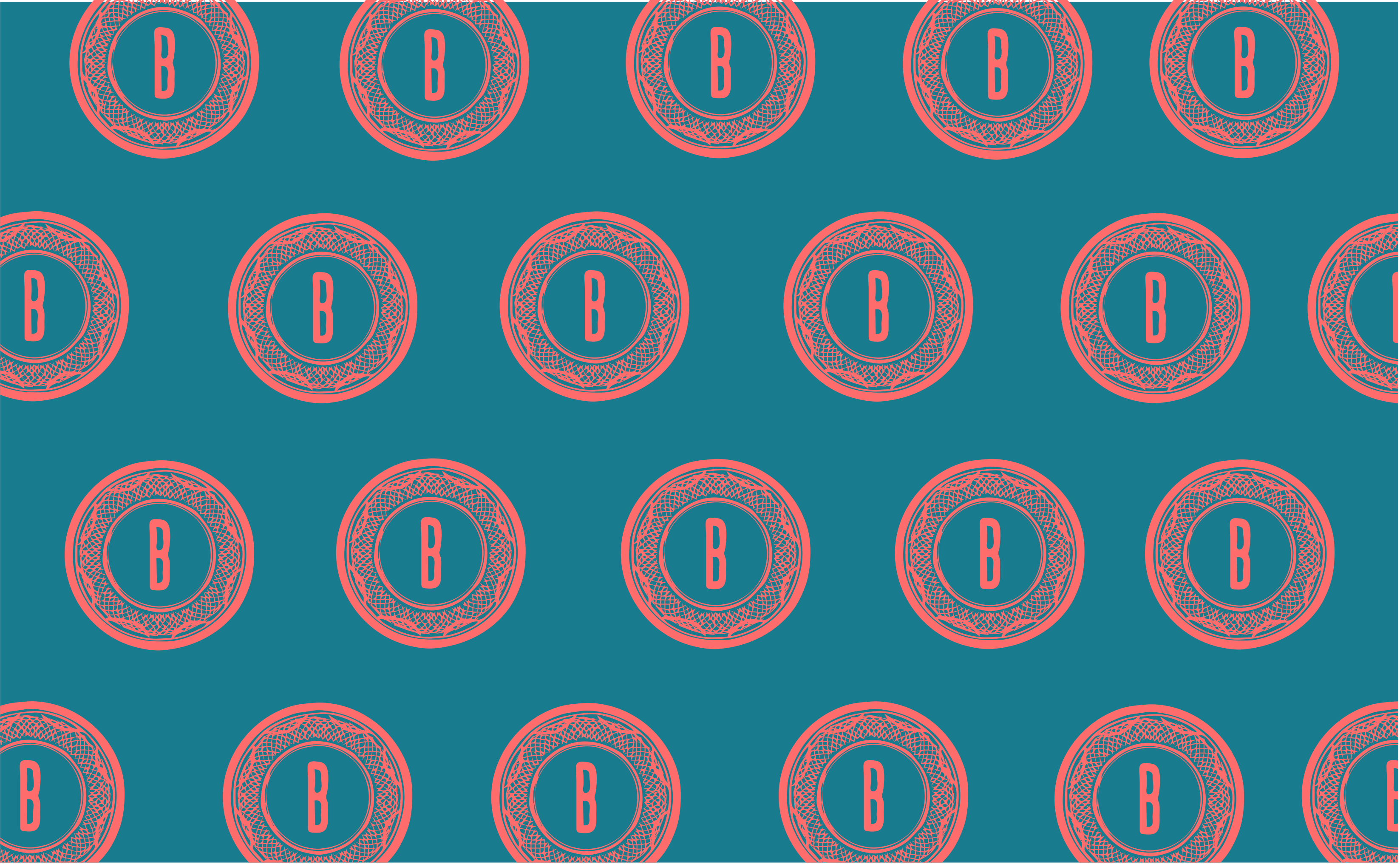

In October 2023 Garth Sanders from Toony Animation arrived at Bertha House.
Toony Animation is a 100% black-owned boutique animation studio founded by Garth. Garth was looking to run a free course for youth at-risk to learn animation and digital art over a period of 6 months, and had been told to check out Bertha House as they could provide space for those looking to enrich their community.
“I actually didn’t know much about Bertha Spaces when I first approached them; I knew that it was a space but I couldn’t quite understand how one could properly utilize the space… And when I was conducting my program...I started to understand how this ecosystem functions.”
“Being in the space and having a look at how it's utilized by other people encourages communication and engagement. From meeting up with the BH visitors and patrons during smoke breaks, or just passers-by observing our displayed artwork, did I understand that this space is a public space, it's open to everyone. We are all neighbors in that space and so everybody is welcome, that I feel is very important. I don't see it as an office space.”
“I ran my program on a very tight budget with little to no funds for rental space. Space is very important for an education program. I approached Nobesuthu to determine how we could reach a mutually beneficial agreement. If Bertha House would be able to assist me with a space, in return I would see how I could offer value. Nobesuthu and the members of Bertha House said that I could offer reciprocity by actually training the members in the space that are interested in animation, so I worked out a program that would run every Saturday for seven Saturdays”
Very naturally and informally, Garth was introduced to one of the primary principles in our spaces: reciprocity. Bertha House is a home for individuals and collectives working to make a difference in their communities. It works on a paid use and reciprocity model, meaning that Bertha House asks the collectives with financial means to pay to use our facilities. This in turn makes sure that Bertha House can continue to host those who can’t pay - ensuring access to essential resources and facilitating the curation of programming for the space. It’s at this point that the reciprocity model comes into play: the practice of giving back to the space and the community and we ask those that are using the space to give back to the space by sharing their skills with the rest of the Bertha House community.
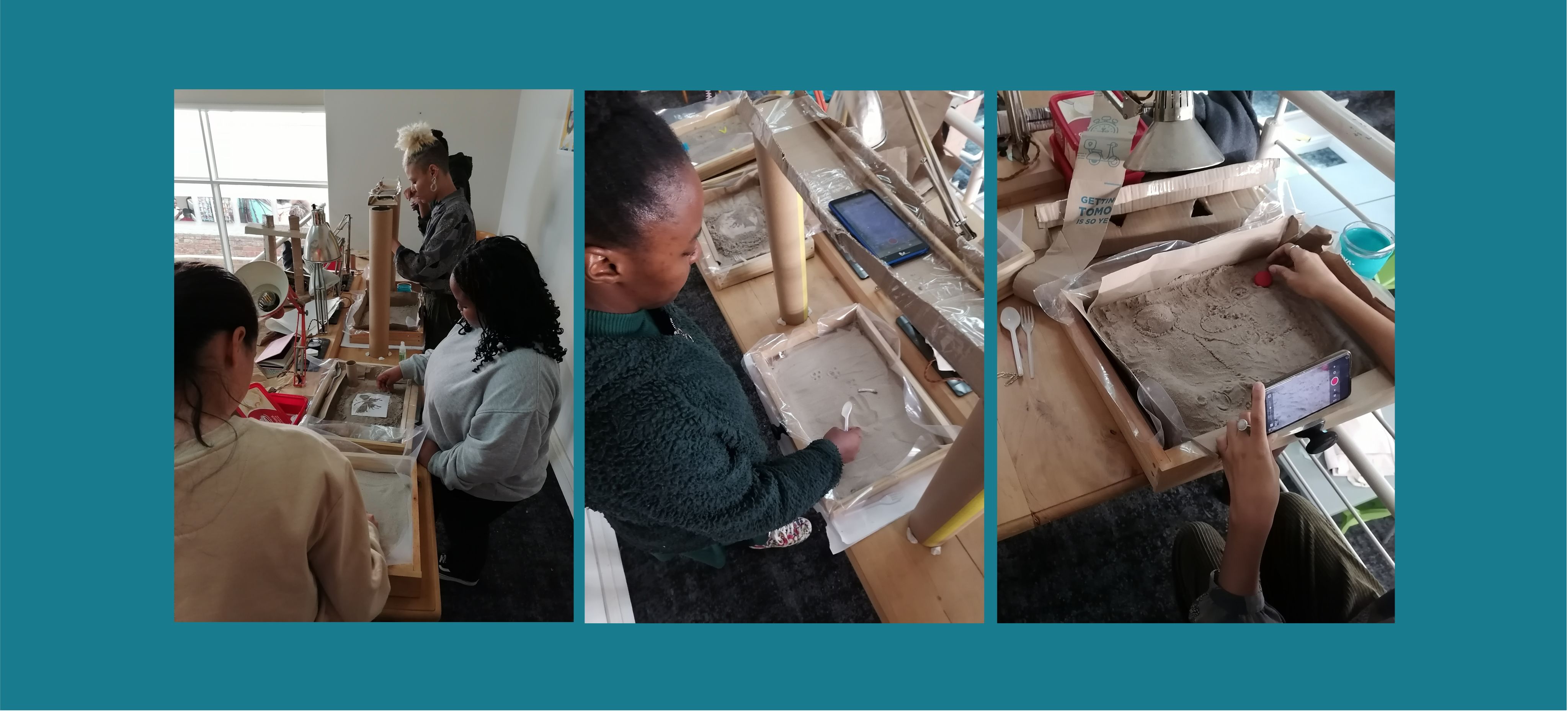
Garth found that being in Bertha House and seeing who was around and what they were working on taught him a lot about where his skills could add the most value. Now in 2025, Garth is back again in Bertha House (although, he never really left) to run a 4 month animation and digital art program and he’s back with a plan for his reciprocity. "As a result of exposure to the different people and programs at Bertha House during our time there, I noticed an art group that frequented the space called Imbewu Yakwantu . They were based in Philippi and two highly committed young men provided instruction to potential young artists every Friday. I noticed the kids from their art class walking past our window and they would curiously peek into our room to see what we were doing. I told them to come in and have a look’ - and that actually got me to engage and interact with members from the other offices and programs that are run in the space… I realised that there was a way to collaborate with the young artists.”
“When I returned, I told Nobesuthu that I would like to provide reciprocity to those young art kids because I knew that they would benefit from our training. I think that's the whole point; if you find a way in which you can help out others - and it’s not for publicity or personal gain - because you know that they share the same interests and that they're just as passionate about it because they show up, and they do what needs to be done. I feel that they deserve it.”
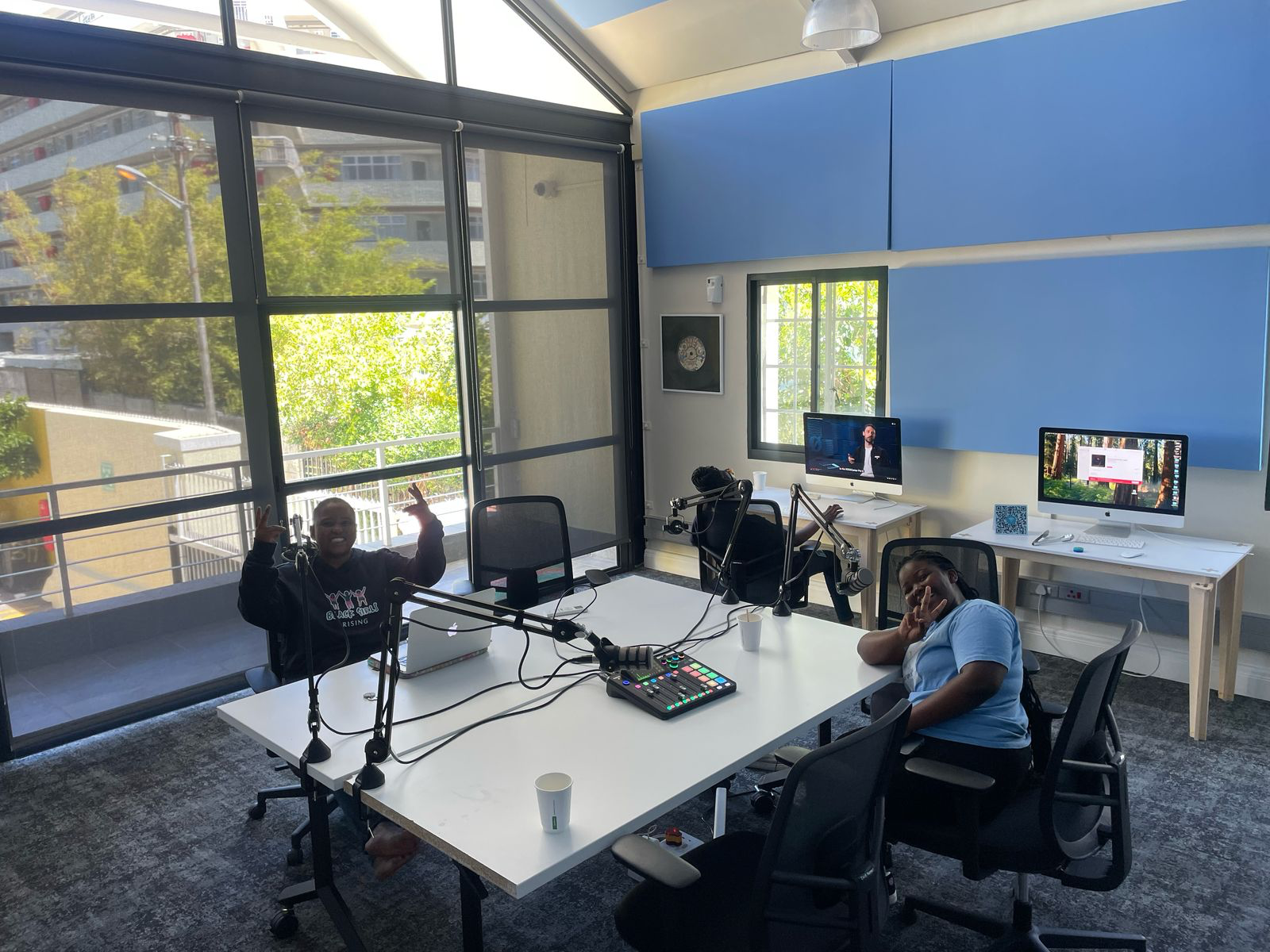
Hlalanathi first came to Bertha House in 2023 he’s the founder of Umhambi, a production house dedicated to African narratives. His passion is producing content that answers: “How do I hold up a mirror to remind people like me that, hey, you’re really dope. You know, like you, you're pretty, you're smart and what you know is enough.”
He first heard about Bertha House through a friend; they’d mentioned that Bertha House had an open call for artists to create a piece of artwork and said he should come and check it out. Two years later, Hlalanathi regularly works (and plays) at Bertha House. And soon, with the Bertha team, he figured out how to give back what he had gotten out of it.
“I had rented out the media lab to do a podcast there. Then I discovered that they [the Bertha House team] are not really equipped with the skills, they didn't really know much about it.” The team at Bertha House saw an opportunity to share Hlalanathi’s skills with another member of the Bertha House community who needed to record a podcast “initially they wanted me to show this organization, Black Girls Rising, they wanted me to help them out 'cause they were gonna do a podcast there, but they also weren't sure how to use it. So then I'd gone, and then I'd showed them how to use it and how to go about it.”
After this the team approached Hlalanathi for a quote for their own training on how to use the equipment. “It felt wrong, you know, it's like I've received so much from the space, I've built a relationship with all the people there, and they've gone out of their way to help me with certain things. It doesn't make sense to me personally to charge people, to teach them about their own equipment that I get to use for free… the people there feel like people I grew up amongst, you know, it feels very communal, it feels like we’re together, we’re here to help.” Hlalanathi ran podcast training with Black Girls Rising on the 15th February 2025, 10 days later, he ran training with the Bertha House team to manage media lab recordings.
Reciprocity is not just paying it forward or finding non-monetary ways to have a transactional relationship. It’s recognizing our value and the value within our communities and finding ways for us all to benefit from the richness of our knowledge and experience. And this is part of how we grow the revolution for a new imagining of our communities and our connection in spaces.
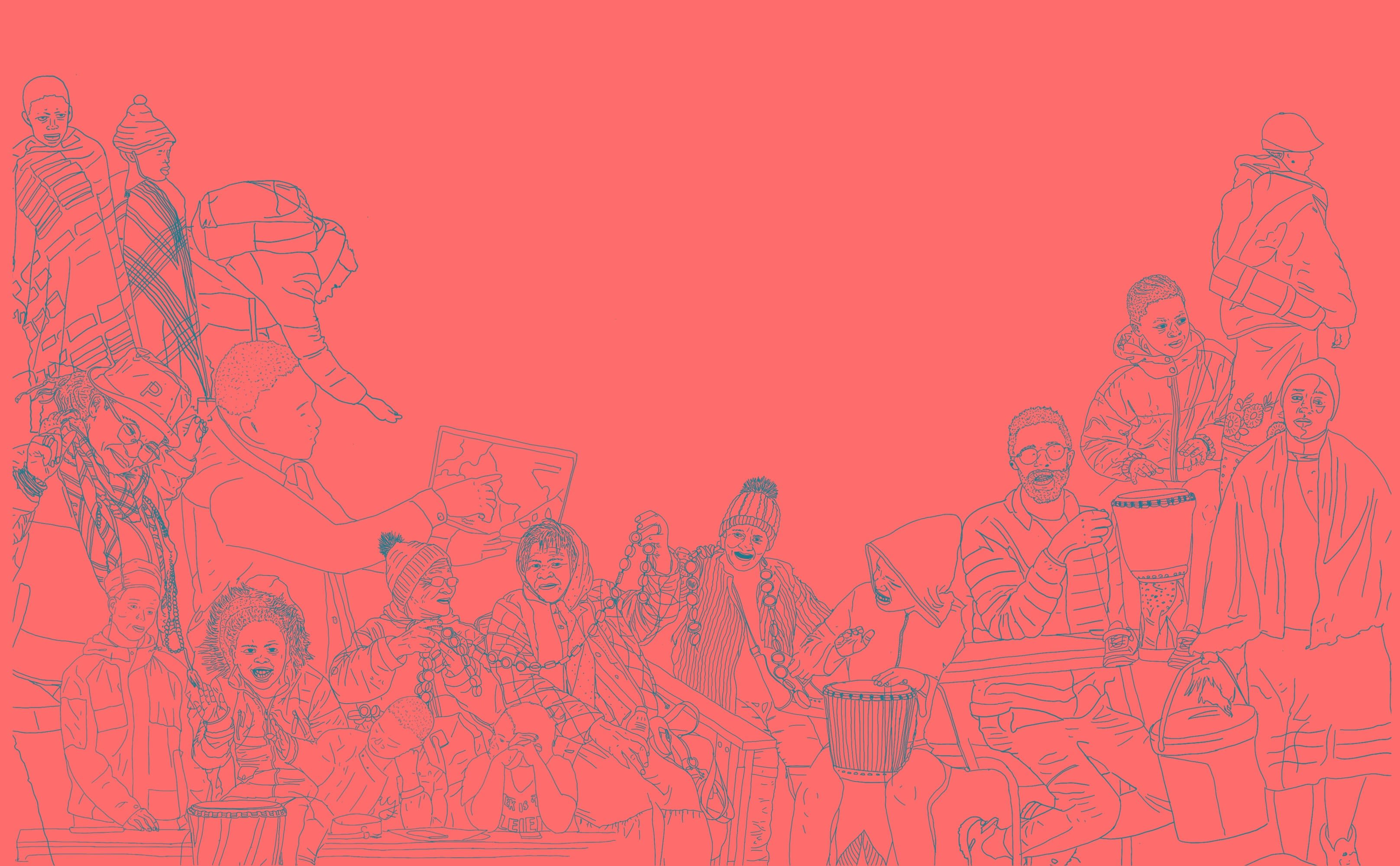



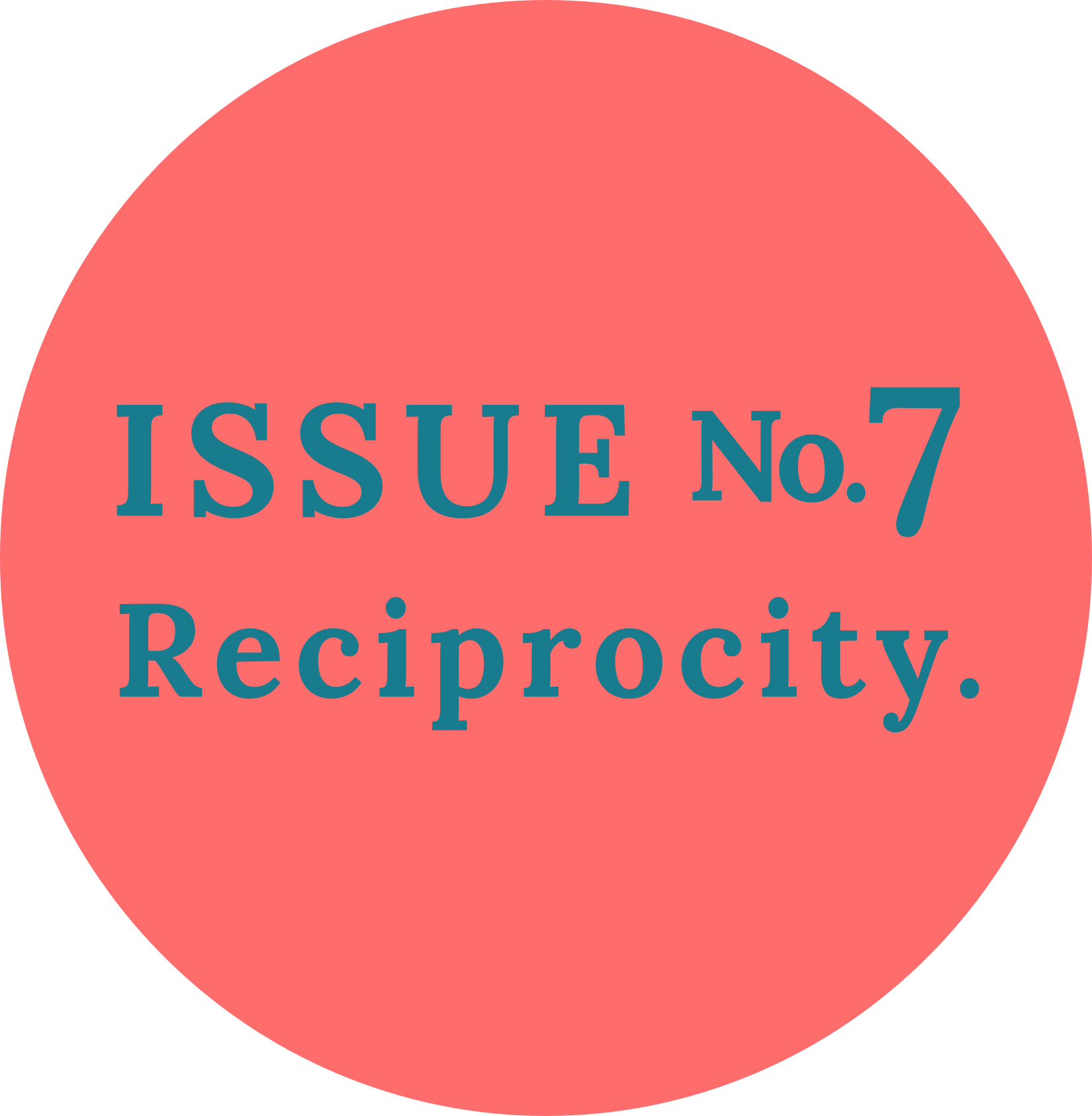


 Built with Shorthand
Built with Shorthand